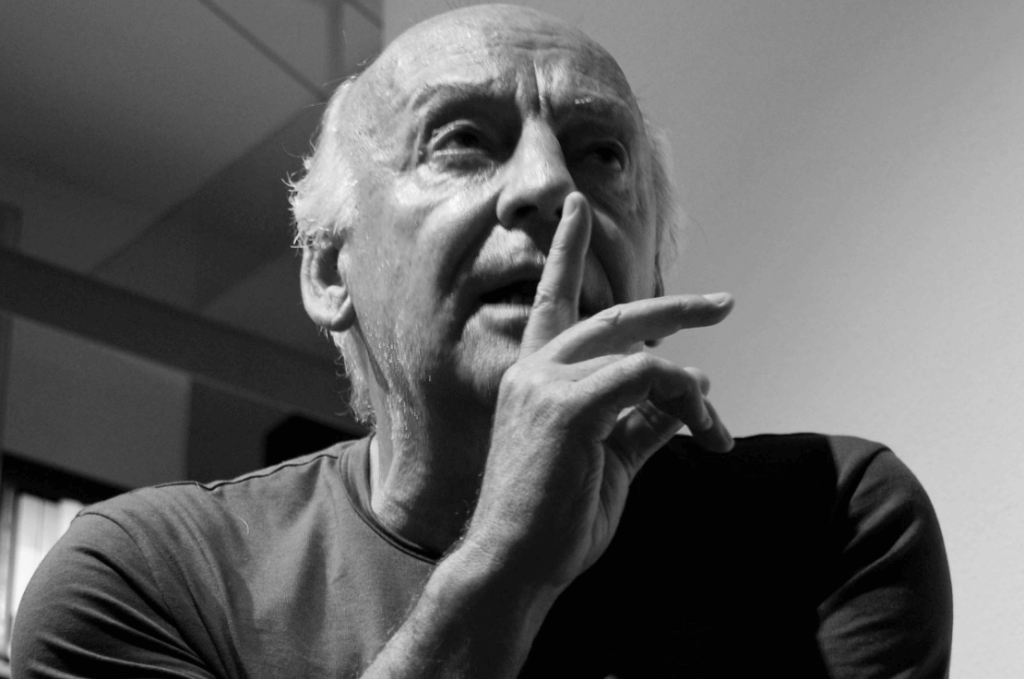The name Eduardo Galeano is synonymous with good literature, social commitment and ethical values that prove everything, his work The Open Veins of Latin America is a true classic that, together with Memeria do Fogo, has been translated into more than 20 languages.
Eduardo Galeano was a writer difficult to categorize. He has often combined reality and fiction in his texts. Feel with thought. In fact, he is credited with inventing the term “language of thought-feeling”, which refers to a particular combination of objectivity and subjectivity.
- “We are in the midst of a culture of labels.
- Does marriage contract matter more than love.
- Funerals more than the dead.
- Clothing more than body and mass more than God?.
- – Eduardo Galeano-.
One of the most interesting aspects of Eduardo Galeano is that he was a self-taught intellectual, he did not obtain an official professional degree, but several honorary doctorates, perhaps that is why his work has a particular strength: that of those who perceive reality. with his senses and his reading, and not through a teacher.
Eduardo Galeano was born in Montevideo, Uruguay, on September 3, 1940, his real name was Eduardo Germon Maria Hughes Galeano, but he chose his mother’s surname to sign his literary creations, his family had good financial resources and was deeply Catholic.
During his childhood, Eduardo Galeano dreamed of being a saint or footballer, according to the first eventuality. However, at the age of 14 he drew a solitary drawing and took it to the newspaper “The Sun”, which eventually bought it. He became a cartoonist in this newspaper that belonged to the Socialist Party.
At 19, he had an existential crisis and tried to kill himself, but he never explained exactly why. The truth is that after leaving the coma he radically changed his life, that’s when he began to call himself Eduardo Galeano, and then write in the newspaper Marcha, his real writing school.
In 1973 he began one of Uruguay’s cruellest dictatorships, arrested him and anticipated his exile in Argentina, in Argentina and at the age of 32 published his masterpiece Las venas abiertas de América Latina, wanted it to be a book of politics. economy, but turned out to be an exciting history book, which became a symbol of Latin American literature.
By then, Galeano had already been married twice and had three children; in Argentina he co-founded the Crisis Magazine (Crise Magazine, in Portuguese); however, the dictatorship also prevailed in that country in 1976; quickly, Galeano realized that he would have to leave. Before that, he met Helena Villagra at a roast, who would be his companion for the next 40 years.
His works were banned in Uruguay, Argentina and Chile by the three dictators in power, soon after he went into exile in Spain and finally wrote his famous poem Memory of Fire, was inspired by a Greek poem and created it gradually. there are even parts written on towels.
Galeano was able to return to Uruguay in early 1985, when the dictatorship fell in the country. True to his tradition, he founded a new newspaper: Brecha, in the company of Mario Benedetti and other intellectuals. He has also become a regular customer of Café Brasileiro, one of the many poet’s bars that exist in Montevideo. I used to sit by the window. This property currently sells “Café Galeano”, in honor of the writer.
Eduardo Galeano re-engaged in left-wing political and intellectual groups; in 2004 he participated in the first victory of this sector in his country, under the leadership of Tabaré Vásquez; then celebrated the coming to power of Pepe Mujica. He also served on the advisory board of the television channel Telesur in Venezuela and began writing weekly for the Mexican newspaper La Jornada.
In 2007, doctors discovered that the writer had lung cancer; since then, his health has deteriorated and he has become less and less visible in public. Galeano was suspicious of new technologies and, as a result, wrote by hand for the rest of his life. He also distrusted extreme rationality and any form of authoritarianism, whether right or left. He died at the age of 74 on April 13, 2015.

